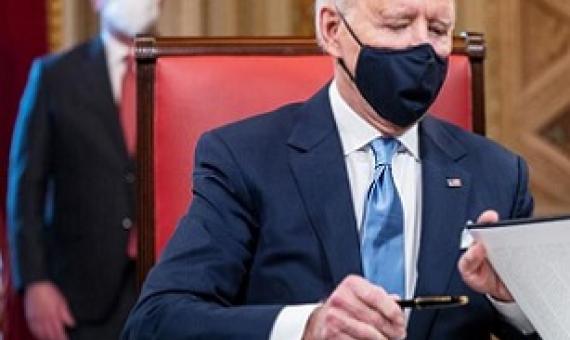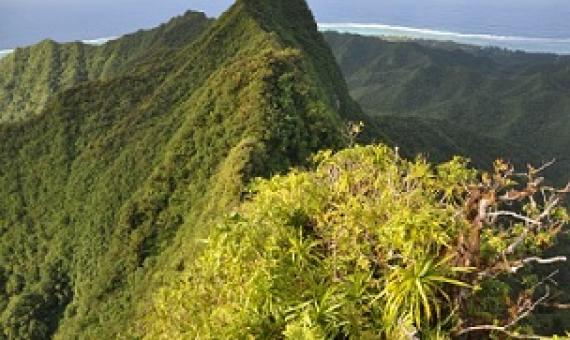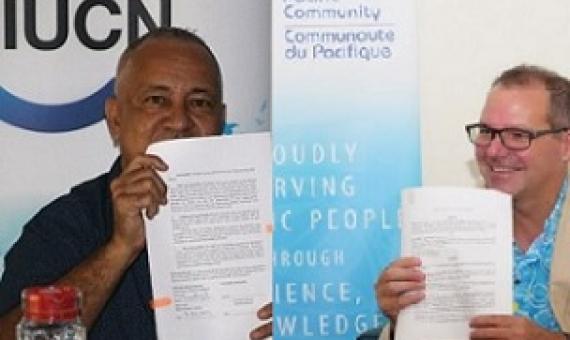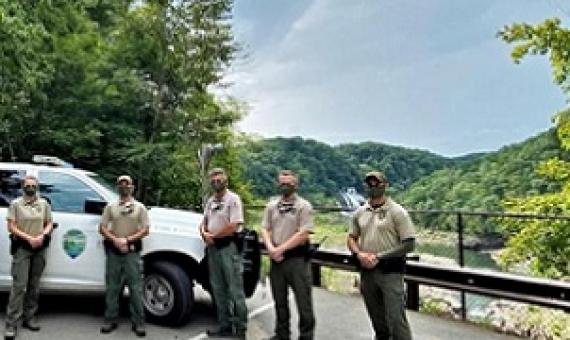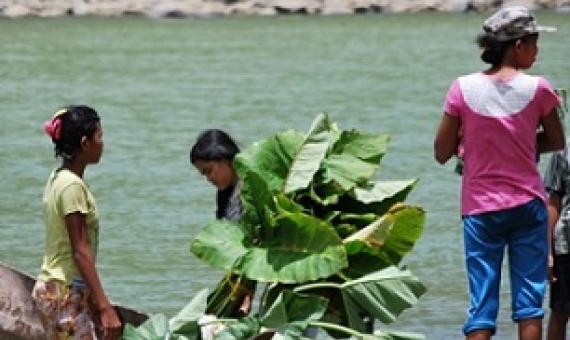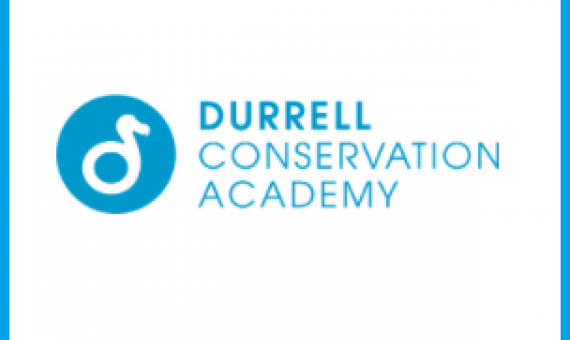Growing food in a sustainable, environmentally friendly way—while also producing enough of it—is among the most important challenges facing the U.S. and the world today. The ongoing COVID-19 pandemic has reminded us that food security can't be taken for granted.
The order is to conserve 30 percent of the country’s land and 30 percent of its coastal waters by 2030.
Appendix H: Conceptual models and ecological overview of Pacific Island Network ecosystems In: HaySmith, L.F. Klasner, S.H. Stephens, and G.H. Dicus. Pacific Island Network vital signs monitoring plan
Development of conceptual models is an important step in the design of the Inventory and Monitoring Program. Conceptual models provide a framework for clarifying meaningful
Parks in the Pacific
More than a century ago,in 1870, a party of explorers travelled to the Amercian West. They had been sent to determinne the truth about fantastic tales of steaming rivers and bubbling pools. These explorers agreed among themselves,once to be as free as the air and water
Available online
Call Number: [EL]
Physical Description: 7 Pages
Science for Environment Policy Future Brief 24: The solution is in nature
The science is clear: the biodiversity crisis, the climate crisis and the health crisis are interdependent. Political leaders from across
the world, representing 80+ countries and the European Union, have also recognised this
connection in the Leaders’ Pledge for Nature.1 Climate change accelerates the destruction of
the natural world through extreme weather events such as droughts, flooding and wildfires.
Cultural differences often lead to misunderstandings about nature conservation. This may change soon.
Conservation and sustainable development efforts in the Pacific were strengthened this week thanks to a new agreement between the International Union for Conservation of Nature (IUCN) and the Pacific Community (SPC).
The IUCN World Commission on Protected Areas has compiled the voices of a range of global organisations and world leaders on the importance of protecting and conserving nature amidst the challenges of the COVID-19 pandemic. As the result of a global pandemic, we are witnessing an unprecedent
Healthy economies and societies need a healthy environment, so conserving nature is good for people – but for it to be both equitable and effective, conservation has to be done with and for local people.
Learn how to plan and manage effective conservation projects using the Open Standards for the Practice of Conservation.


